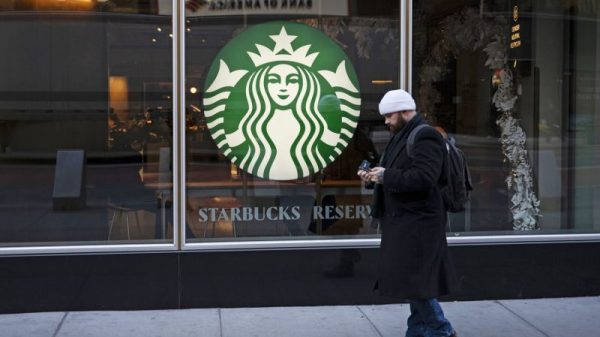Economic activity in the U.S. was considerably stronger than expected during the second quarter, according to an initial estimate Thursday from the Commerce Department.
Real gross domestic product, a measure of all the goods and services produced during the April-through-June period, increased at a 2.8% annualized pace adjusted for seasonality and inflation. Economists surveyed by Dow Jones had been looking for growth of 2.1% following a 1.4% increase in the first quarter.
Consumer spending helped propel the growth number higher, as did contributions from private inventory investment and nonresidential fixed investment.
Personal consumption expenditures, the main proxy in the Bureau of Economic Analysis report for consumer activity, increased 2.3% for the quarter, up from the 1.5% acceleration in Q1. Both services and goods spending saw solid increases for the quarter.
On the downside, imports, which subtract from GDP, jumped 6.9%, the biggest quarterly rise since Q1 of 2022.
Stock market futures drifted higher following the report while Treasury yields moved lower.
There was some good news on the inflation front: the personal consumption expenditures price index, a key measure for the Federal Reserve, increased 2.6% for the quarter, down from the 3.4% move in Q1. Excluding food and energy, core PCE prices, which the Fed focuses on even more as a longer-term inflation indicator, was up 2.9%, down from 3.7% in the prior period.
The so-called chain-weighted price index, which takes into account changes in consumer behavior, increased 2.3% for the quarter, below the 2.6% estimate.
One other key variable, final sales to private domestic purchasers, which the Fed considers a good indicator of underlying demand, accelerated at a 2.6% pace, the same as in the prior quarter.
However, the report also indicated that the personal savings rate continues to decelerate, at 3.5% for the quarter, compared to 3.8% in Q1.
There have been signs of cracks lately in the consumer picture.
A report Wednesday from the Philadelphia Federal Reserve showed credit card balances at an all-time high for data going back to 2012. Revolving debt balances also reached a new high even as banks reported tightening credit standards and declining new card originations.
However, retail sales numbers have continued to climb indicating that consumers are weathering the headwinds of high interest rates and persistent inflation.
There also is pressure in the housing market: Sales are declining while home prices continue to climb, putting pressure on first-time homebuyers.
Federal Reserve officials are expected to hold interest rates steady when they meet next week, though market pricing is pointing to the first cut in four years in September. Policymakers have been circumspect about when they might start reducing rates, though recent comments indicate more of a willingness to start easing policy and most central bankers have said they see further increases as unlikely.



























